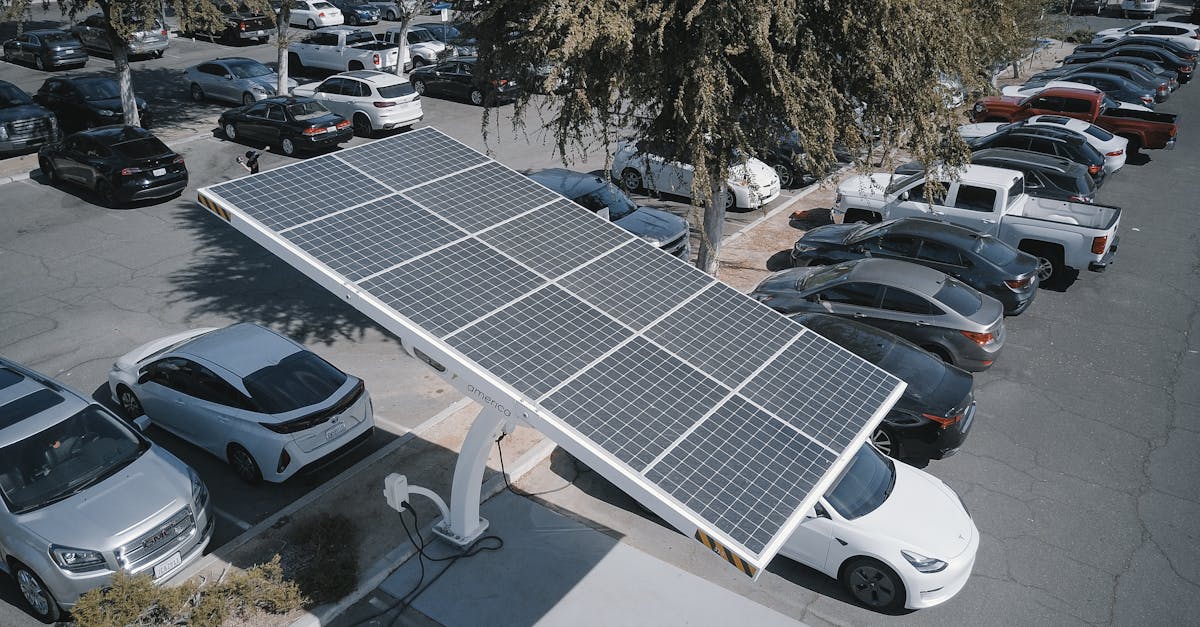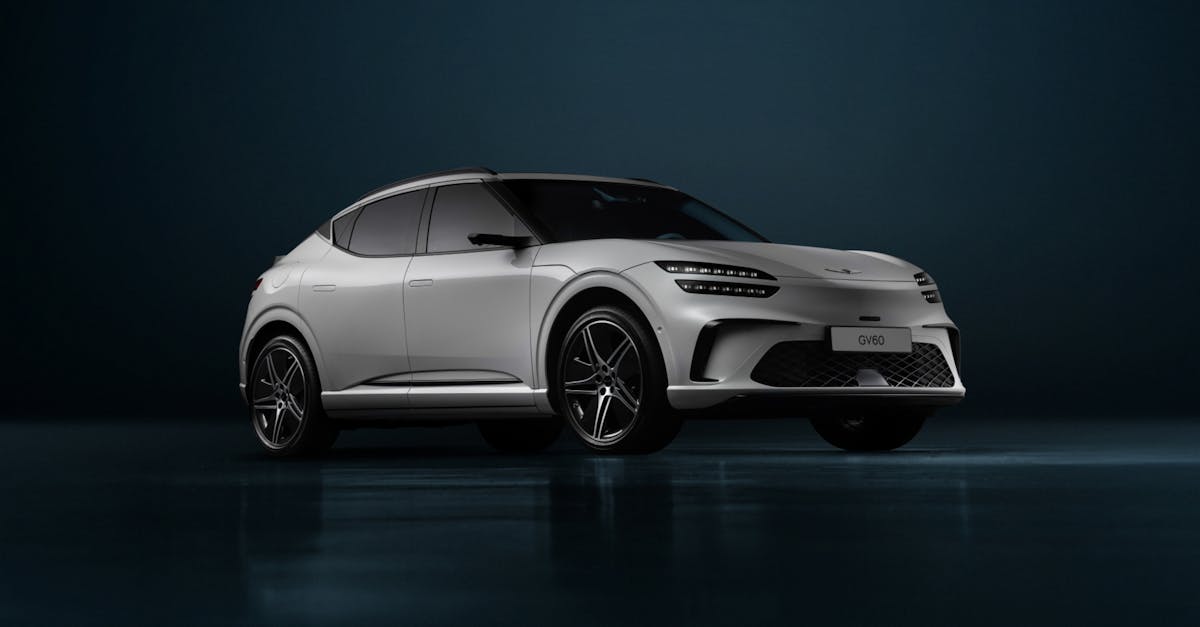The EV Revolution How Electric Cars Are Reshaping Global Mobility
Introduction
In the 21st century, a remarkable shift is underway in the way we think about transportation. This evolution is driven largely by the electric vehicle (EV) revolution, a movement gaining momentum across the globe. With growing concerns over climate change, air pollution, and finite fossil fuel resources, electric cars present an appealing alternative. They promise reduced emissions, energy efficiency, and the potential to reshape urban landscapes. As technology advances, electric vehicles have emerged not only as a sustainable choice but also a catalyst for innovation within the industry. This revolution is not just about cars; it encapsulates broader discussions on sustainable living and green energy. Let’s explore the profound impact electric vehicles are having on the world of mobility.
Advertisement
The Growth of Electric Vehicles
The global demand for electric cars has surged over the past decade, with sales rapidly increasing. Factors like government incentives, declining battery costs, and consumer awareness of environmental issues have fueled this growth. Leading automotive manufacturers, including Tesla, Nissan, and BMW, have played pivotal roles in making EVs more accessible. In 2022 alone, over 10 million electric vehicles were sold worldwide, highlighting the rising trend. This growth is expected to continue as advancements in technology lower costs and improve battery life. The focus is now on developing more efficient charging infrastructure to support this burgeoning market.
Advertisement
Technology Driving the EV Revolution
At the heart of the electric car industry lies cutting-edge technology. Advanced battery technologies have led to significant improvements in range and charging times, making EVs more viable for the average consumer. Innovations in lightweight materials and efficient motors contribute to better vehicle performance and energy consumption. Autonomous driving and connectivity technologies are also evolving alongside EVs, promising safer and more integrated transportation solutions. As research continues, we can expect even more revolutionary technologies to emerge, enhancing the capability and appeal of electric cars.
Advertisement
Environmental Benefits
One of the most compelling reasons for the shift toward electric vehicles is their positive environmental impact. Unlike conventional gasoline vehicles, EVs produce zero tailpipe emissions, significantly reducing air pollution. Furthermore, the use of renewable energy sources to power these vehicles can lead to a substantial decrease in overall greenhouse gas emissions. As countries strive to meet ambitious climate targets, electric cars present a viable pathway toward a more sustainable future. Transitioning to electric mobility could help mitigate the adverse effects of transportation on the environment.
Advertisement
Economies Reimagined
The electric vehicle revolution is not just about technology and the environment; it also has profound implications for global economies. As the automotive industry transforms, so too do supply chains and employment landscapes. Traditional car manufacturing hubs are evolving into centers for electric vehicle production, requiring a new skill set from the workforce. Investments in charging infrastructure present economic opportunities, stimulating job creation and technological development. As governments and businesses pivot to embrace this shift, the economic potential of the EV industry becomes increasingly evident.
Advertisement
Challenges to Overcome
While electric vehicles offer numerous advantages, the transition is not without its challenges. High upfront costs, limited charging infrastructure, and concerns over battery disposal and recycling present hurdles. However, most of these challenges are surmountable with focused innovation and collaboration. Governments and industries worldwide are investing heavily in research and infrastructure development to address these issues. Overcoming these challenges will require public and private cooperation, driving forward policies that incentivize sustainable practices and investments.
Advertisement
Consumer Perception and Adoption
The perception of electric vehicles has evolved significantly over the years. Early hesitations about range limitations and performance have diminished as technology has improved. Today, consumers are increasingly embracing EVs for their quietness, efficiency, and potential savings in fuel costs. As more people experience their advantages firsthand, the adoption rate continues to rise. Marketing and educational campaigns are essential in tackling remaining misconceptions and encouraging broader adoption. Bridging information gaps will be crucial in achieving the widespread acceptance necessary for the EV revolution to thrive.
Advertisement
Urban Mobility Transformation
Electric cars are spearheading a transformation in urban mobility, influencing city planning and public transportation systems. Integrated electric mobility solutions such as e-bikes, e-scooters, and electric buses are becoming mainstream, reducing traffic congestion and improving urban air quality. Cities across the globe are implementing policies to support this transition, from establishing low-emission zones to expanding charging networks. As urban areas evolve to prioritize electric mobility, the potential for cleaner and greener cities becomes a tangible reality.
Advertisement
Global Partnerships and Innovations
The electric vehicle revolution requires global collaboration and innovation. International agreements and partnerships are essential to establishing uniform standards for charging infrastructure and vehicle manufacturing. Initiatives like the Paris Agreement highlight the concerted effort required to address climate change through technological advancement. Collaboration extends to research and development, where shared knowledge and resources can expedite advancements. As countries unite under a shared vision of sustainable mobility, the electric vehicle revolution demonstrates the power of global cooperation.
Advertisement
Conclusion: The Future on the Horizon
In conclusion, the electric vehicle revolution represents a pivotal moment in the history of transportation. It stands at the intersection of technology, environmental sustainability, and global economic transformation. With continued innovation and collaboration, electric vehicles promise to make the world a cleaner, greener place. As industries adapt and evolve, the future of mobility looks more promising than ever. The momentum of this revolution hinges on the commitment of individuals, industries, and governments alike to drive change for the betterment of our planet.
Advertisement


